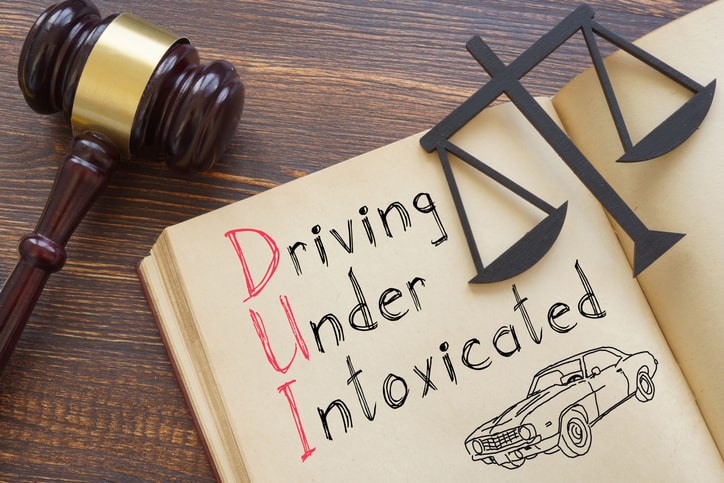
At Charles J. Argento, our Houston car accident and injury attorney knows Texas has a zero-tolerance policy when it comes to illicit drugs in a driver’s system — even if the driver is entitled to use the drug.
Unfortunately, much like it is illegal to drive over the legal blood alcohol content limit of .08, the state’s zero-tolerance policy for controlled substances does not stop drivers from getting behind the wheel while impaired.
According to a recent study by U.S. highway safety regulators, 25.3% of fatalities in the United States last year were related to drug-involved driving. The question becomes, how can you prove the driver was under the influence of Marijuana or other illicit drugs like heroin, cocaine, methamphetamine, or hallucinogens, prescription medications like opioids and antidepressants, or even over-the-counter medications like sleep aids and allergy medicines?
We have answers.
What are the Common Signs a Driver is Under the Influence of Drugs?
Recognizing drug impairment in drivers can be more challenging than identifying alcohol impairment, as the signs can vary depending on the type of drug and the individual’s reaction to it.
However, some common signs that a driver may be under the influence of drugs include:
- Erratic Driving Behavior.
- Slurred Speech or Incoherence.
- Dilated or Constricted Pupils.
- Impaired Coordination.
- Agitation or Irritability.
- Drowsiness or Fatigue.
- Rapid or Involuntary Eye Movements.
- Lack of Focus or Attention.
- Presence of Drug Paraphernalia.
If you have been injured in a car accident in Texas and believe the driver is impaired, contact local law enforcement immediately to ensure your suspicions are investigated by a professional who is trained to identify motorist impairment. Once the police are on the scene, be sure they complete an accident report and that you have access to it.
How Can I Prove the Driver Who Hit Me Was Under the Influence of Drugs?
When drivers are issued a driver’s license in Texas, their consent to being tested for alcohol or drugs — via a breath, blood, urine, or another form of chemical test — is implied.
This consent means that, if the driver refuses an officer’s request to be tested to determine impairment, they can face criminal penalties, and their refusal can be used against them during a personal injury claim.
It’s important to note that determining drug impairment can be more complex than alcohol impairment, as there may not be a standard legal limit for drugs as there is for alcohol. However, suppose there is evidence, such as a positive drug test or observations by law enforcement officers, indicating drug impairment. In that case, it can establish liability in a car accident case.
Contact Our Houston Personal Injury Attorney Today
If you have been injured in a car accident caused by a negligent driver in Texas, contact Charles J. Argento for help today. Our experienced personal injury lawyer in Houston will work to build a strong case on your behalf and maximize the compensation you may be entitled to for your injuries and losses.
Schedule a free consultation by calling (713)-225-5050 or contacting us online.
















